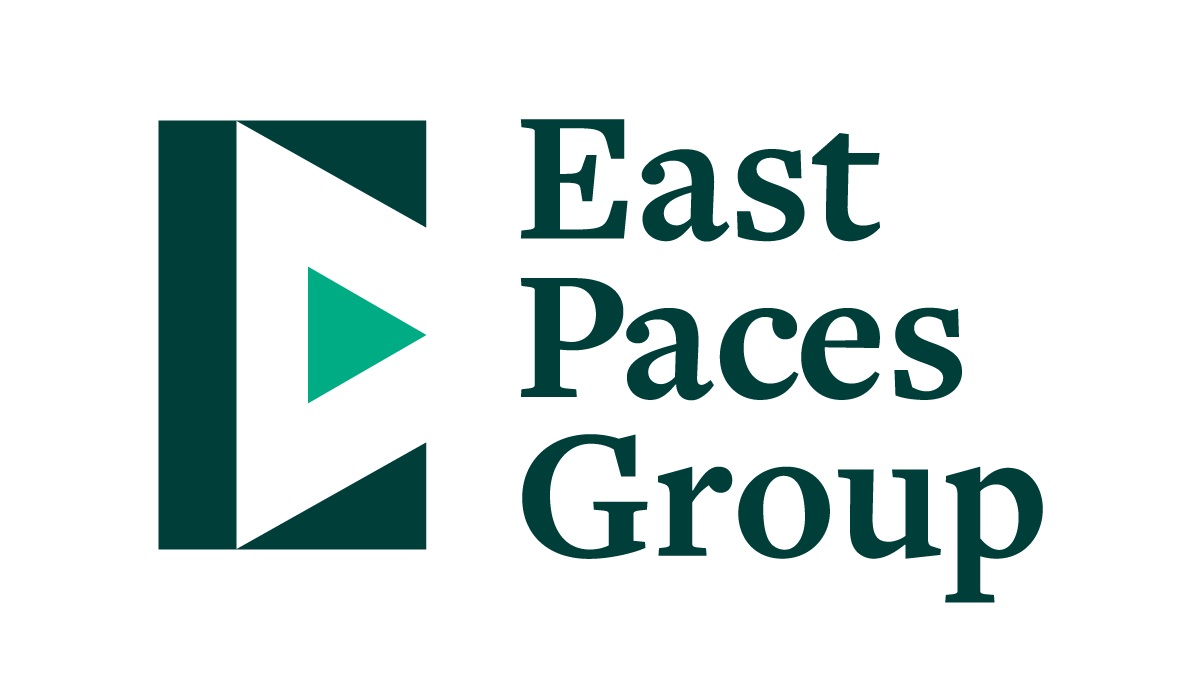5 Ways President Biden has Affected Your Wallet in His First 100 Days
By Nancy Sarnoff
In his first 100 days in office, President Joe Biden has ushered in multiple programs aimed at easing the financial strain Americans are still under from the pandemic. Examples include the latest round of stimulus checks and billions in mortgage relief.
“We have yet to see how much Biden can get through Congress, but his push for homeowners assistance will certainly provide some much-needed relief for homeowners who have fallen behind on their payments,” says Darel Daik, owner of Noble Mortgage & Investments in Texas.
The administration’s $1.9 trillion COVID rescue bill, which passed last month, was just the beginning. Two more plans are in the offing: one aimed at creating more jobs through infrastructure projects and another the White House says will help middle-class families get back on their financial feet.
Here are some of Biden’s most sweeping policies that experts say have helped —or hurt —consumers since he took office.
1. The stimulus checks
Under Biden, the IRS has been distributing the pandemic’s third round of stimulus checks —for up to $1,400 each.
“There’s been a large scope in differences on where that money gets used," notes Alex Reffett, principal and co-founder of financial advisory firm East Paces Group.
“You see a lot of the Reddit trading and newer investors that are in a position to use that stimulus money to invest it, where others are going to use it to make ends meet," Reffett says.
Indeed, many consumers have put their checks toward covering household expenses or paying down debt.
Even more payments could be on their way. Advocacy groups and congressional Democrats have been urging Biden to support regular stimulus checks until the pandemic is over, to help families put food on their tables and encourage spending.
2. Mortgage Aid
To help the millions of borrowers behind on their home loans, the White House set aside nearly $10 billion from the stimulus bill to help U.S. homeowners pay their mortgages, taxes, utilities, insurance and other housing costs.
Also, homeowners with federally backed loans have been able to pause their payments for as long as 18 months through the government’s mortgage forbearance program. And, Biden has extended a federal ban on foreclosures through June.
Some experts worry about unintended consequences. Siri Terjesen, a management professor and associate dean at Florida Atlantic University, says mortgage forbearance and the foreclosure moratorium have worsened the already low supply of houses for sale, which has driven home prices sky high.
Terjesen warns of significant price corrections once the protections expire: "We’re really headed for a crash once those loans are all called in."
Homeowners with burdensome monthly payments still have opportunities to shrink them by refinancing. With mortgage rates still historically low, some 13 million mortgage holders could save an average $283 a month with a refi, the mortgage data and technology firm Black Knight recently reported.
3. Student loan forgiveness
So far this year, Biden has forgiven $2.3 billion in federal student loans, affecting 113,000 borrowers. And, the coronavirus aid bill he signed in March included a provision making canceled student loans tax-free until 2026. Normally, forgiven debts are taxed as income.
Still, lawmakers and advocacy groups want Biden to take a bigger step. They're urging him to use executive authority to cancel up to $50,000 in federal student debt per borrower. The president has expressed doubt about his ability to do that without Congress, but he has asked his Education Department to take a look.
Click Here to read the full article on MSN.com
